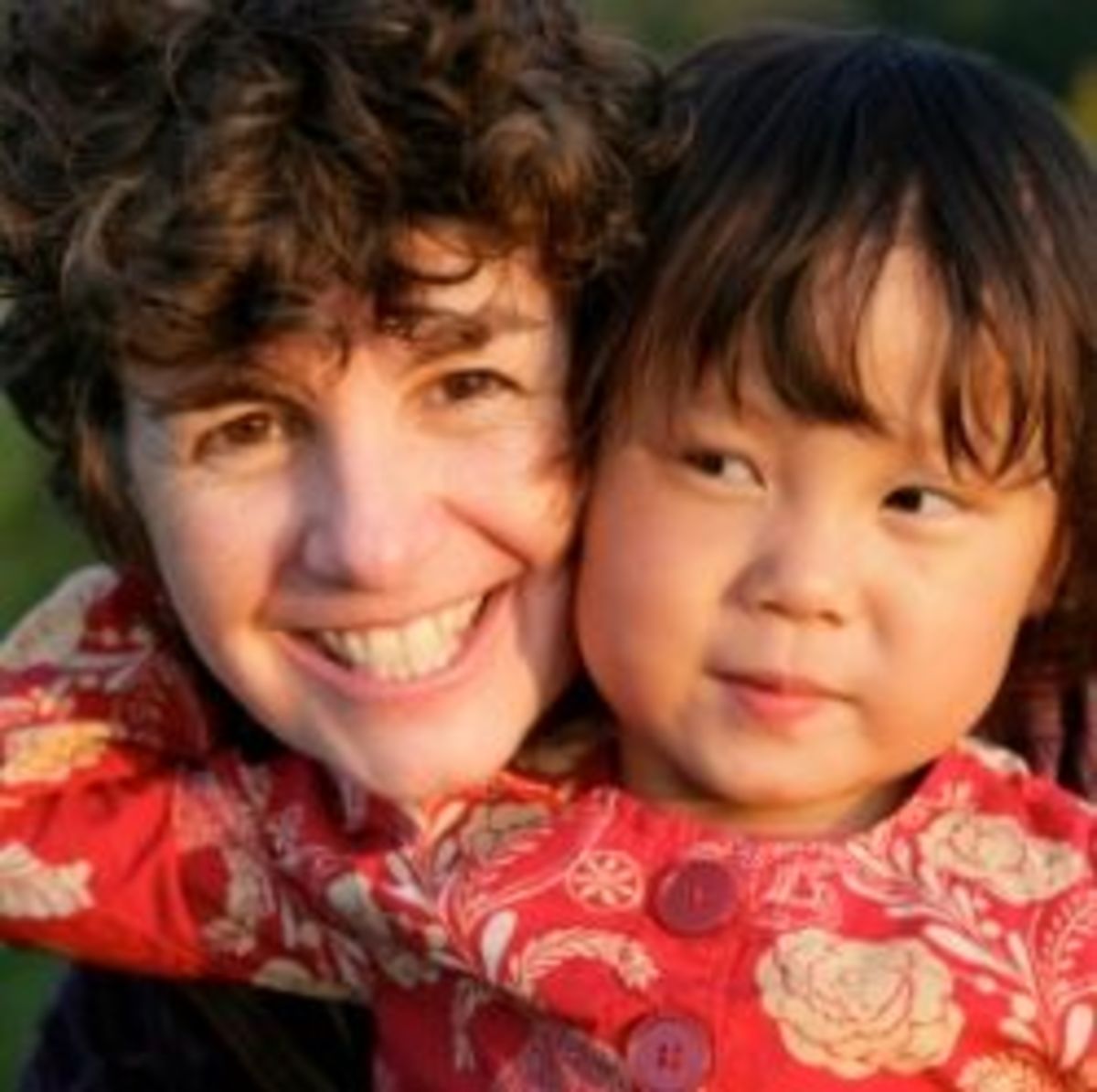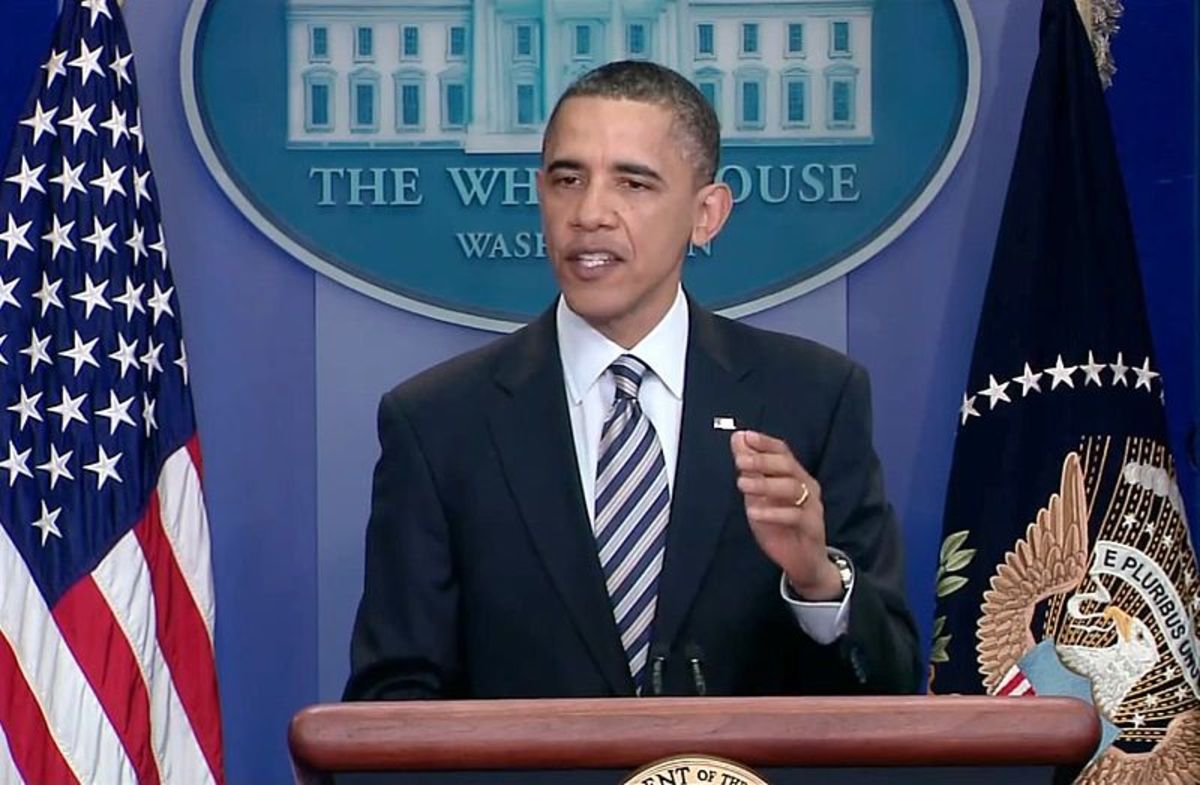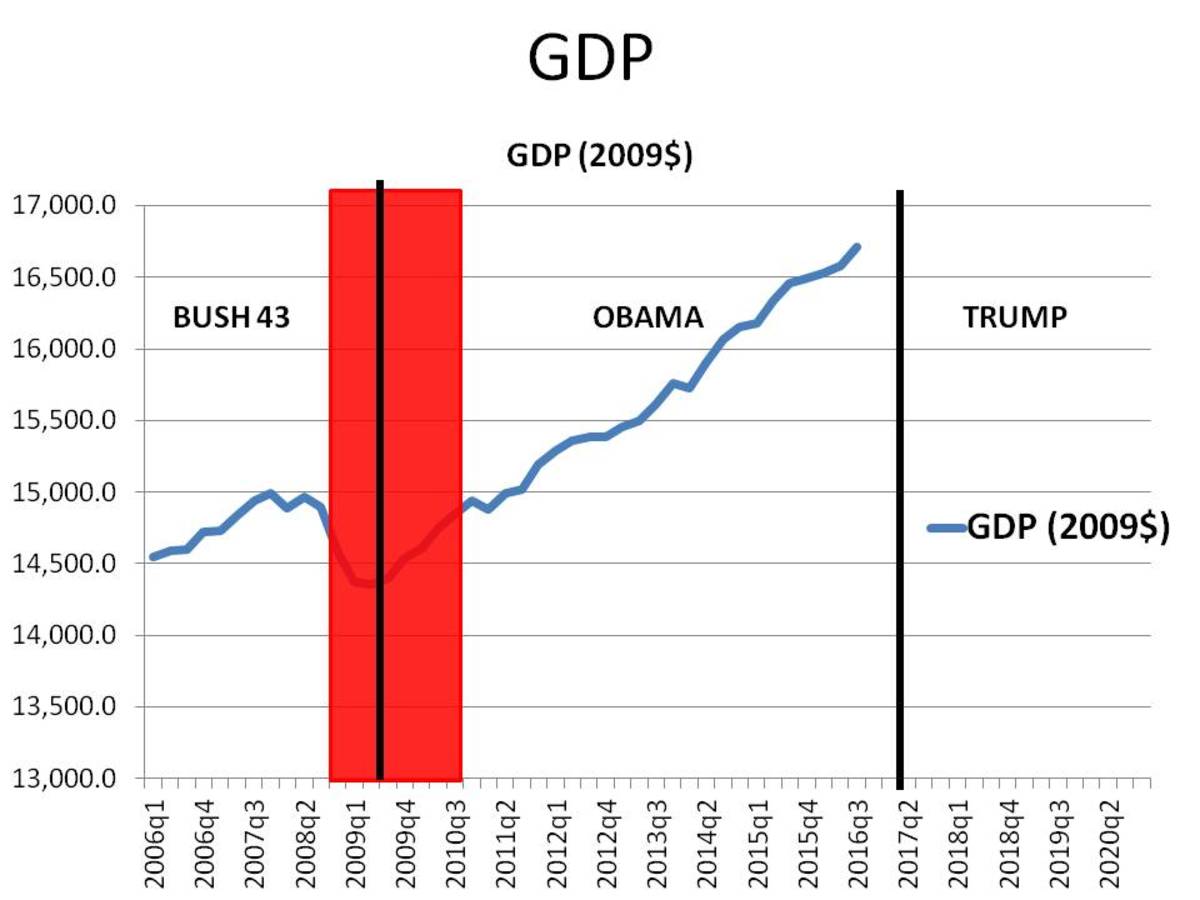How Safe are Children Adopted by Gay Married Couples?

The news headline
Gay Connecticut couple accused of raping adopted children will face trial
Whenever we see a shocking headline, there's a tendency to panic, and to jump onto whichever bandwagon claims to "do something" about the problem.
Even when that bandwagon remedy puts people at greater risk than they'd be without it. This was certainly the case for the aftermath of that other shocking event from Connecticut--the one that happened in December of 2012.
It is possible to arrive at rational responses that minimize the risks in question, without creating side-effects that are worse than the original problem. In this hub, we'll examine the issue of child safety in adoptions by married gay couples.
At the moment, we do not have enough information to prevent the kind of shocking events that allegedly happened to innocent adopted children in Connecticut. Without more data, the best we can do right now is to ask the right questions about child welfare in general, about gay marriage, and about equality under the law.
I'm not a lawyer. That said, my layman's understanding of adoption rules is that married couples who wish to adopt are given a higher priority than single people wishing to adopt. Other things being equal, of course. This is understandable.
Suppose that there's a medical emergency at school. If one parent was not near a telephone, the school and hospital administrators could contact the other parent, and authorize necessary emergency medical treatment as soon as possible.
But now there's a new development. Legal recognition of gay and lesbian marriage is already established in several states, and is likely to be approved in several other states soon. Perhaps we should rethink our adoption rules.
Do you feel that gay married couples wishing to adopt a child should be on an equal footing with married straight couples?
Equal Protection Clause of the 14th Amendment
"no state shall ... deny to any person within its jurisdiction the equal protection of the laws."
The real question
Are gay adoptive couples more likely to abuse their adopted children than straight adoptive couples?
Since I am not a Conservative, I do not have an instant answer to this question. However it could be settled by sociological research.
Suppose that the answer turns out to be yes. Then we should give straight married couples wishing to adopt a higher priority than gay married couples. Then traditional marriage would have a slightly higher legal standing than gay marriage.
This may run afoul of the Equal Protection Clause of the Fourteenth Amendment of our beleaguered U.S. Constitution. But the safety of adopted children is more important than the Politically Correct albeit unproven assumption that the gender orientation of adoptive parents has no bearing on the safety of adopted children.
I'm not gay bashing here. I have no doubt that some gay men make excellent parents. On the other hand, a small minority of straight couples do abuse their adopted children. Realistically, there's no way to guarantee that any given adopted child will NOT be abused, no matter how thorough the background investigation. It's more reasonable to be concerned about the probabilities than to demand absolute certainty, or to duck the issue entirely.
For whatever it's worth, my educated guess is that it's far worse for most orphaned or abandoned children to grow up in an institutional setting than to be adopted by loving couples who happen to be either gay or lesbian. This hub is not an answer to the question of Life, the Universe, and Everything. It's about tweaking adoption regulations to minimize the likelihood of abuse by adoptive parents.
What about lesbian couples?
This is a smaller concern for me, because it did not come up in the news story. But yes, we should also do sociological studies of married lesbian couples who adopt children. I would not be surprised if married lesbian couples made better adoptive parents than married gay couples.
In the near future, rational, informed adoption policies may need to make distinctions among all three classes of marriage.
Don't Ask
Let's keep Big Brother out of our bedrooms. It is not reasonable for the government to ask a single person, who intends to adopt a child, about his or her gender orientation. However that orientation will become apparent when a married couple applies to adopt one or more children.
If research in the near future shows there really is a child safety consideration here, then government officials should be willing to put Political Correctness aside, and to do the right thing for the sake of the adopted children.
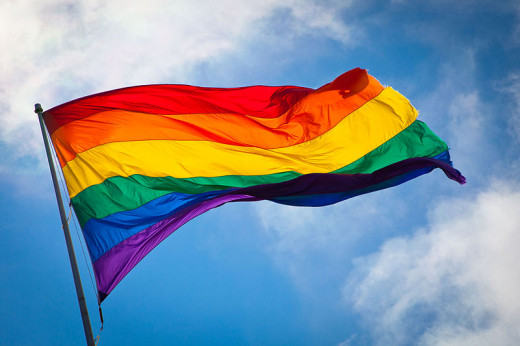
How does this affect gay marriage
The rationale for the legal recognition of gay and lesbian marriages is equality under the law. There are a number of legal benefits of marriage. Here are two of them.
Inheritance. If one spouse dies intestate, the other spouse will get a portion of the estate, after the lawyers duke it out in court, and take their cut. On the other hand, a boyfriend or girlfriend is most likely to end up with zippo.
The ex-wife of a neighbor took care of him while he was dying. However he did not amend his will to include her. Despite her selfless efforts, she inherited nothing.
Medical decisions. Suppose that you do not have a Living Will, or give Durable Power of Attorney to anyone. Then you find yourself in a persistent vegetative state. If you're single, the physicians call the shots.
On the other hand, if you're married, it is assumed that your spouse is aware of your final wishes. Then after receiving the appropriate medical information, he or she is in a better position to make that determination than the doctors.
Why should the legal benefits of marriage apply only to straight couples? That's a powerful argument for legal recognition of gay and lesbian marriage.
One of the main reasons why we recognize marriage in the first place is for the welfare of children. However future sociological research may show that adopted children would be slightly safer if we made a few legal distinctions among the three classes of monogamous marriage.
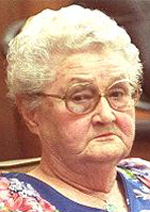
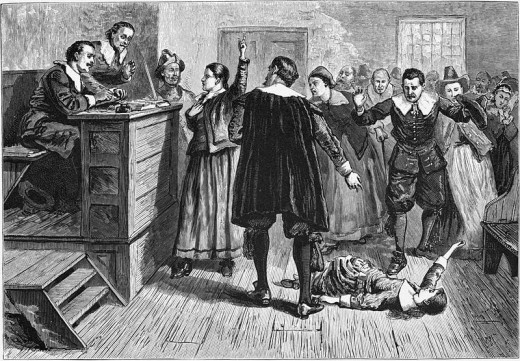
But first let's gather those pesky facts
My academic background is in analytical chemistry. One of the big take-home lessons was that ALL measurements--as opposed to counting--have some degree of uncertainty. In other words, there's no such thing as an 'exact science'.
When sociologists study the relative safety of children in the various types of monogamous marriages, they will need to come to grips with the two sources of error inherent in this type of sociological research.
First, there's sampling error. The true abuse rates may be somewhat greater than or somewhat less than the rates in the samples. The way to minimize sampling error is to have large sample sizes.
And that means spending more money on the studies.
Second, there will be some inaccuracies in the reports made by the adopted children. A few of the children will confuse nightmares stemming from abuse by previous foster parents with the good care provided by the current adoptive parents.
'Recovered' memories are another source of inaccuracy. Overly zealous therapists (and police) encourage children to make false statements. The few children who make stuff up are basically trying to conform to the expectations of the authority figures. Over time, they may even acquire some degree of belief in their false accusations. Here's a link to the Wikipedia article about the long McMartin preschool witch hunt--I mean trial--of the 1980s, which produced zero criminal convictions.
Shades of the Salem Witch Trials in 17th Century Massachusetts. Fortunately, nobody was executed in the McMartin Case. However one innocent man did spend 5 years in jail, because the wheels of justice turned too slowly. End of digression.
A few children will deliberately fabricate stories of abuse. Why? They may have an intense personality clash with their stepfather, or with one of their adoptive parents.
Or foster children may be unhappy about the fact that their foster parents make them do their homework assignments every night. The strategy: Roll the dice, and hope for more permissive foster or adoptive parents the next time around. Such deliberate fabrications are quite rare.
So much for the false positives. There are also 'false negatives'. Some victims don't understand how the system works. They are afraid that their abusive parents, adoptive parents, or foster parents will kill them if they step forward.
The sociological researchers may make the reasonable assumption that the proportion of inaccuracies in the statistics for the three groups of children will be constant, but that small sample sizes may skew the results.
The solution? Again, spend more money.
Have larger sample sizes. And whenever possible, be certain that the interviewers are reasonably objective, and are not pursuing personal agendas.
There have been some preliminary sociological studies on gay and lesbian couples, and their children. A sample of these studies is reported in reason.com, which has a Libertarian frame of reference. None of these studies reported disastrous consequences for the typical child. However these studies did not focus on the statistics of child abuse, which occurs infrequently in marriages of all kinds in developed Western countries.
The Science on Same-Sex Marriage
A round up of studies on same-sex marriage, divorce, children, and monogamy.
Ronald Bailey | April 5, 2013
Read the article here.
Tentative conclusion
Most of the time, strict equality under the law is a good thing. For things like inheritance and medical decisions, straight marriages, gay marriages, and lesbian marriages should all be equivalent.
But depending on the results of the studies that I'm proposing, it may be possible to have too much of a good thing. And that could put some adopted children at risk.
The law makes a distinction between rights and privileges. The driver's license is an example of the latter. In the interest of public safety, people who have multiple DUI convictions have no business being behind the wheel.
Adoption falls somewhere in between a right and a privilege. Adopted children have a right not to be abused. Child welfare always trumps the interests of prospective adoptive parents. In the interests of adopted children, government policy makers attempt to rank the various categories of prospective adoptive parents.
Some of these determinations are controversial. Example: At one time, interracial adoption was frowned upon--rightly or wrongly.
Depending on future sociological research, married straight adoptive parents may turn out to provide safer environments than married gay adoptive parents. If so, that should be reflected in the rankings.
Copyright 2013 by Larry Fields

